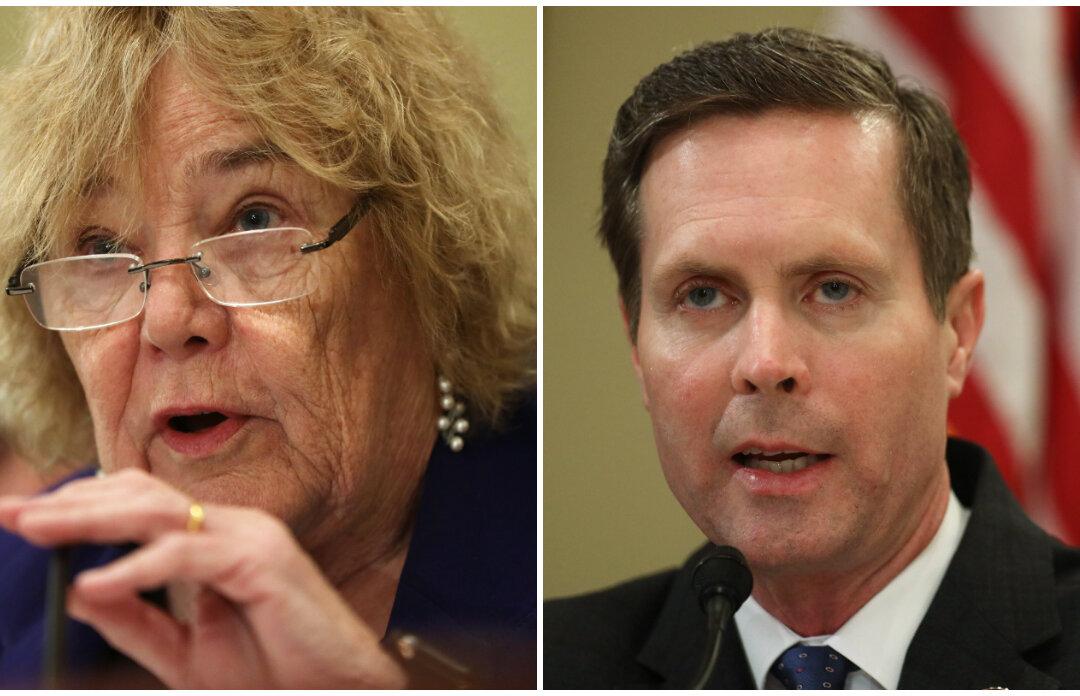Letting Capitol Hill staffers organize in collective bargaining unions will be “unworkable” and “impractical,” and prompt “more dysfunction in Washington,” while undermining the independence of Congress, according to Rep. Rodney Davis (R-Ill.).
“Unions can, and do, play a significant role in assuring a fair working environment,” Davis said in his opening statement before a March 2 hearing of the House Committee on Administration, which is considering a Democratic proposal to allow congressional staff to form unions for collective bargaining on Capitol Hill workplace conditions.





